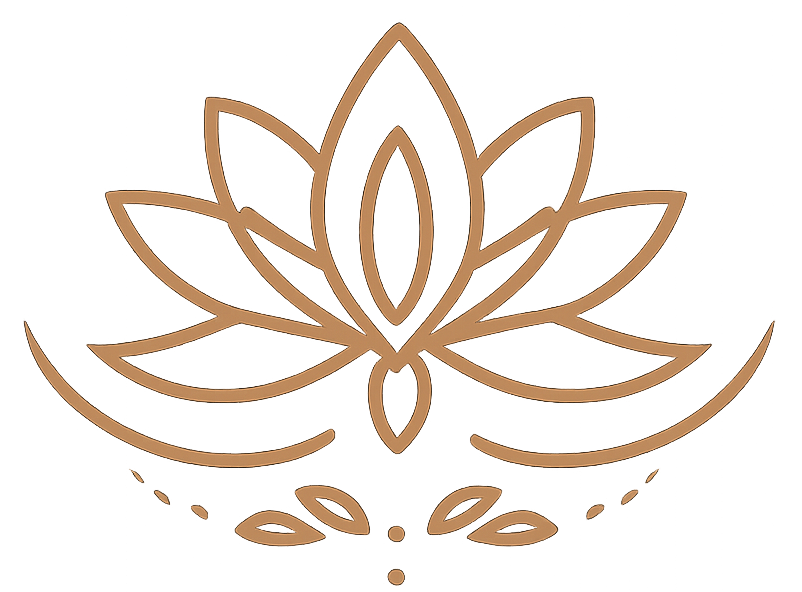The Relationship Between Mindfulness and Intuition:
Mindfulness and intuition are often perceived as distinct faculties, with the former associated with conscious awareness and the latter with subconscious insight. However, a closer examination reveals a symbiotic relationship between the two, suggesting that they are not only interconnected but also mutually enhancing.
Mindfulness: The Foundation of Clarity
Mindfulness is the practice of being fully present and engaged with the here and now, without judgment. It involves a heightened awareness of one’s thoughts, emotions, and sensations in the present moment. This conscious attentiveness clears the mental clutter, allowing for a more accurate perception of reality. By fostering a state of calm and focus, mindfulness serves as the foundation upon which intuition can flourish.
Intuition: The Subtle Art of Knowing
Intuition, on the other hand, is the ability to understand something instinctively, without the need for conscious reasoning. It is often described as a ‘gut feeling’ or an ‘inner voice’ that guides decision-making. Intuition cuts through the noise of logical deliberation to offer insights that are felt rather than thought.
Interplay of Awareness and Insight
The interplay between mindfulness and intuition is a dance of awareness and insight. Mindfulness sharpens the senses, and in this heightened state of awareness, one becomes more attuned to the subtle nudges of intuition. Conversely, intuitive insights can lead to a deeper engagement with mindfulness practices, as one learns to trust and explore the wisdom that arises from within.
Empirical Evidence and Practical Application
Empirical studies have shown that mindfulness training can enhance intuitive abilities. For instance, individuals who engage in regular mindfulness meditation report an increased sensitivity to their intuitive signals. This suggests that the practice of mindfulness not only cultivates a clearer mind but also primes the individual to receive and interpret intuitive knowledge more effectively.
In practical terms, the fusion of mindfulness and intuition can be transformative. In the realm of decision-making, mindfulness ensures that one’s choices are not clouded by biases or emotional reactivity. Intuition, informed by a mindful state, can then provide rapid and often profound insights that might be overlooked by rational analysis alone.
Conclusion: A Harmonious Union
In conclusion, mindfulness and intuition are not opposing forces but complementary elements of a harmonious whole. Mindfulness provides the clarity and openness required to recognize and interpret the whispers of intuition. Together, they form a powerful alliance that can lead to more insightful living and wiser choices. As we cultivate one, we naturally enhance the other, leading to a more integrated and authentic experience of life.
I hope this provides a clear understanding of how mindfulness and intuition are intertwined and how they can be harnessed together for personal growth and better decision-making.



